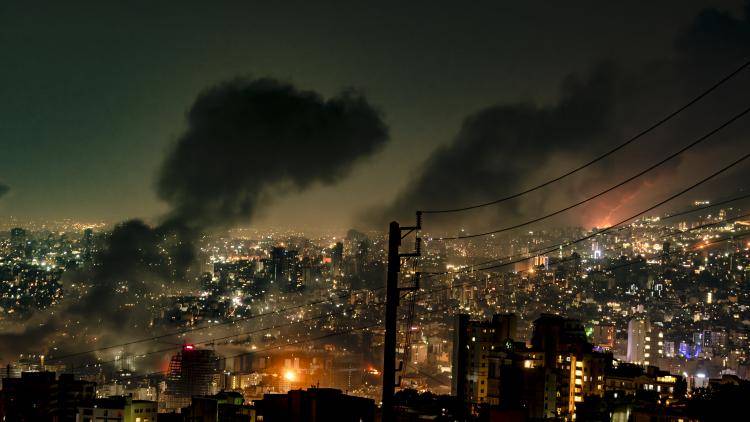The ongoing conflict between Iran and Israel is proving to be economically disastrous for both countries. Israel is facing a soaring fiscal deficit, while Iran’s oil exports have been slashed by half, further crippling its already strained economy.
According to recent reports, the war has already resulted in the deaths of 240 Iranians due to Israeli strikes and 24 Israelis killed in retaliatory Iranian attacks. For more on the recent missile strikes and Netanyahu’s warning amid rising tensions, read the full report here.
This war has become the most expensive military engagement in Israel’s history, with expenditures reaching an estimated $67.5 billion so far. In just the first two days of conflict, Israel suffered losses amounting to $1.45 billion.
Israel’s defense budget has seen a sharp rise — from $17 billion in 2023 to $28 billion in 2024, and now projected to reach $34 billion in 2025. As a result, Israel’s fiscal deficit has surged to 4.9%, surpassing the acceptable threshold. In 2024 alone, over 60,000 Israeli businesses have closed down, and the tourism and commerce sectors have taken a major hit. Prolonged warfare may also lead to a downgrade in Israel’s credit rating.
On the other hand, Iran’s economy is suffering heavily due to damage to its vital oil infrastructure. Following Israeli airstrikes, oil exports from Iran’s offshore terminals have completely halted, and the South Pars gas field, responsible for 80% of Iran’s gas output, has also been targeted.
Already struggling under U.S. sanctions, Iran’s oil exports had dropped by 90% before the war — from 2.8 million barrels per day in 2016 to just 200,000 barrels per day today. The latest attacks have further cut those figures in half, pushing the country’s economy to the brink.















